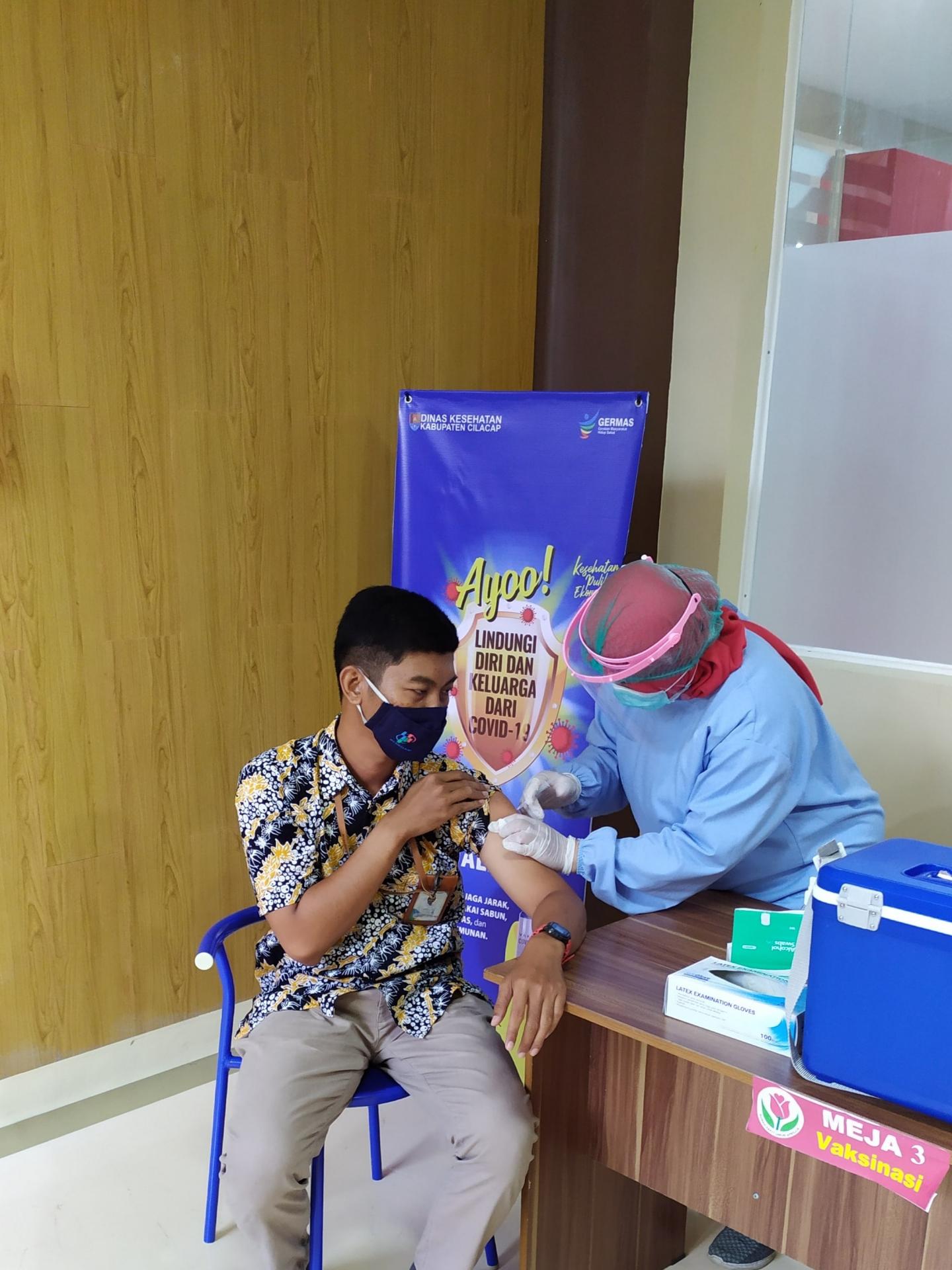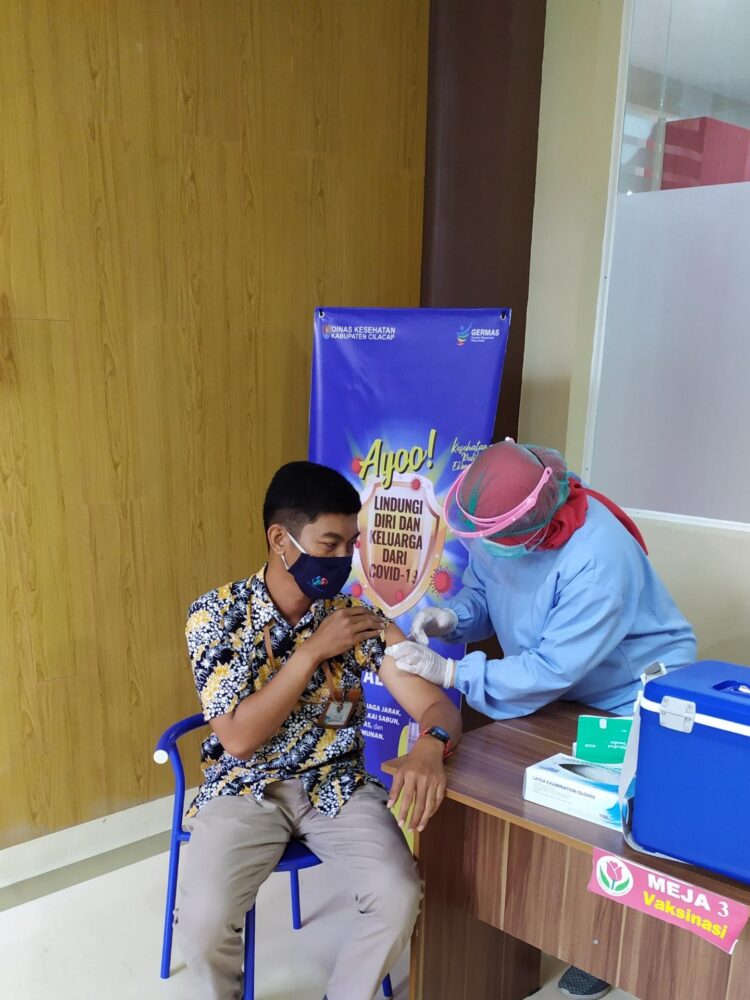New study examines vaccine acceptance and hesitancy in 10 low- and middle-income countries in Asia, Africa, and South America

Credit: Fadil Fauzi
New research published in Nature Medicine reveals willingness to get a COVID-19 vaccine was considerably higher in developing countries (80% of respondents) than in the United States (65%) and Russia (30%).
The study provides one of the first insights into vaccine acceptance and hesitancy in a broad selection of low- and-middle income countries (LMIC), covering over 20,000 survey respondents and bringing together researchers from over 30 institutions including the International Growth Centre (IGC), Innovations for Poverty Action (IPA), WZB Berlin Social Science Center, the Yale Institute for Global Health, the Yale Research Initiative on Innovation and Scale (Y-RISE), and HSE University (Moscow, Russia).
Personal protection against COVID-19 was the main reason given for vaccine acceptance among LMIC respondents (91%), and concern about side effects (44%) was the most common reason for vaccine hesitancy. Health workers were considered the most trusted sources of information about COVID-19 vaccines.
The study comes at a critical juncture when vaccine shipments are still slow to arrive to the majority of the world’s population, and COVID-19 cases are surging in many parts of Africa, Asia, and Latin America. The findings suggest that prioritizing vaccine distribution to low- and middle -income countries should yield high returns in expanding global immunization coverage.
“As COVID-19 vaccine supplies trickle into developing countries, the next few months will be key for governments and international organizations to focus on designing and implementing effective vaccine uptake programs,” said Niccoló Meriggi, Country Economist for IGC Sierra Leone and study co-author. “Governments can use this evidence to develop communications campaigns and systems to ensure that those who intend to get a vaccine actually follow through.”
The researchers, who conducted the surveys between June 2020 and January 2021, point out that vaccine acceptance may vary with time and with the information that people have available to them. While the evidence on the safety and efficacy of available COVID-19 vaccines has become more clear in the last six months, severe, but rare, side effects may have undermined public confidence.
Saad Omer, Director of the Yale Institute of Global Health and study co-author, said: “What we’ve seen in Europe, the US, and other countries suggests that vaccine hesitancy can complicate policy decisions, thereby hindering rapid and widespread vaccine uptake. Governments in developing countries can start engaging trusted people like health workers now to deliver vaccine messaging about side effects that is accurate, balanced, and easily available to the public.”
“Across countries, we observe that acceptance of COVID-19 vaccines is generally somewhat lower than for other vaccines, perhaps because of their novelty. However, the consistently pro-vaccine attitudes we see in low and middle income countries give us reason to be optimistic about uptake,” said Alexandra Scacco, Senior Research Fellow at the WZB and study co-author. “We hope that evidence from our study can help inform strategies to expand global COVID-19 vaccination.”
###
Media Contact
Laura Burke
[email protected]
Original Source
https:/
Related Journal Article
http://dx.





